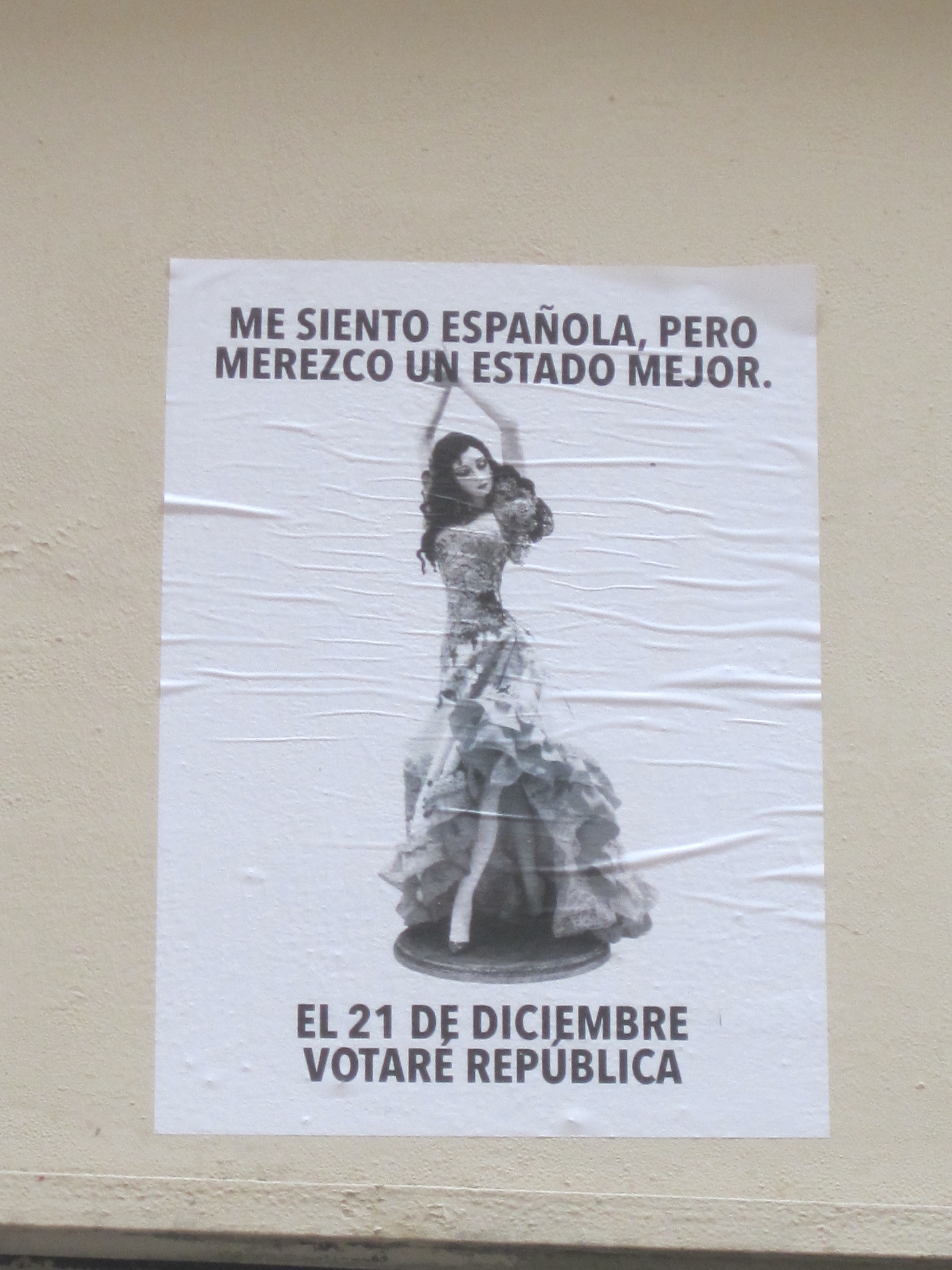Catalan Sovereigntists Surround Parliament for Protest, Demand Action
Catalan Sovereigntists Surround Parliament for Protest, Demand Action

February 1st, 2018, Barcelona:
More than a thousand Catalan independence activists pushed through a police cordon and occupied the grounds of the region's Parliament Tuesday, Jan 30, venting frustration with a political process that has stalled.
The manicured gardens, known as the Parc de la Ciutadella, became a theatre of dramatic scenes as demonstrators milled around an ornamental lake, climbed trees, and hoisted banners within meters of the centuries-old building.
Protesters chanted slogans including "without resistance, there is no independence!", while some wore masks in the likeness of exiled leader Carles Puigdemont.
Catalan independence parties hold a majority in the newly reconvened regional legislature. However, there have been no effective steps taken toward establishing the region's sovereignty since the separatists won a referendum and then made a symbolic declaration of independence in late October. Following the declaration, separatist leader Puigdemont was named in a Spanish arrest warrant and fled to Belgium. Sovereignists won new elections that Spain called after dissolving the Catalan Parliament, but they have yet to turn this new mandate into an operating government.
Tidal surge
Events boiled over Tuesday after the Assembly's Speaker, caving to legal threats from Spain, cancelled the day's proceedings which were expected to swear in Puigdemont as the region's President, in absentia.
A pre-scheduled demo met outside the Park's gated perimeter at 3 PM. The grounds, which are usually open to the public, had been closed by police. The demo was noisy, but normal, until 4:15 PM, when it became obvious that activists had opened a breach through a pavillion that adjoined the Park.
Demonstrators filed in by ranks of twenty, as approximately one hundred police retreated to form a defensive barrier around the Parliament building. Through the coming hours, the activists' mood oscillated between smiles and anger. Parliamentary Speaker Roger Torrent was booed roundly as he left the building, and at around 6 PM a small group tried furiously to swarm over the metal barriers and storm the Assembly.
Groups among the protest shouted "Either investiture [of the President] or Revolution!" As night fell, demonstrators, including those in the trees, sang the Catalan anthem, and some raised their fists skyward.
Some chose to express themselves through artwork. Near the police frontline, one man stood most of the evening inside a wooden cage of his own making that was decorated with a banner demanding freedom for those Catalan politicians and civil society activists who had been imprisoned by Spain.
Comments and Analysis
The Catalan independence movement is diverse in its political positions and tactics, and recent events may be testing it to the breaking point. The movement’s players in Parliament consist of the center-right Together for Catalonia, the social-democratic Left Republicans (ERC) and the anti-capitalist Convergence of Popular Unity (CUP). Together these parties hold a slim majority in the Assembly, though there are also extra-parliamentary sovereignist committees (CDRs), all of whom have different agendas and strategies.
Elements of the CDRs and the CUP call for civil disobedience to achieve independence, and want the structure of the new country to be determined through citizen assemblies. Together for Catalonia and the ERC have been planning their activities to avoid an open break with Spanish law. The problem for the less traditional CUP and the CDR is they do not really have the numbers to carry out a mass civil disobedience struggle on their own, and are anxious when mainstream allies back away from a rhetoric of resistance.
Some in attendance at Tuesday's protest suggested they continue to believe that Puigdemont has a plan, and that independence can be achieved through public opinion and moral pressure on Spain.
But many activist allies of the movement are losing patience; they would like to see their leaders assume more personal risks to make the "Republic" real. Tuesday's decision by Roger Torrent of the ERC to suspend, due to Spanish threats, the investiture of Carles Puigdemont opened a new breach between the two main sovereigntist parties, and, for some, smells of something close to a betrayal.
It seems increasingly likely that the split we could see in the coming days may be one between sovereignists, rather than between Catalonia and Spain.


